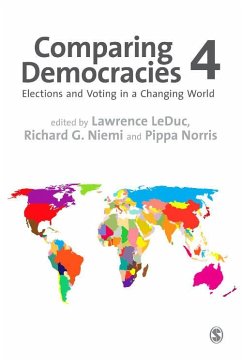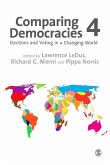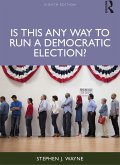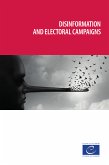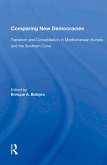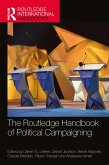Taking a global, comparative look at voting and elections, this Fourth Edition has new chapters on authoritarian elections and regime change, electoral integrity, and voting behaviour
Dieser Download kann aus rechtlichen Gründen nur mit Rechnungsadresse in A, D ausgeliefert werden.
Compared to its predecessors, the fourth edition of Comparing Democracies is entirely different and yet it is much the same. It is much the same because it offers again a superb collection of chapters dealing with democratic institutions and processes in a changing and multifaceted political world. And it is entirely different because the focus of the collections has been altered to include measurement issues of democracy; a growing emphasis of the profession on the context of the vote, and on the manner in which elections are conducted. As a consequence of that, all chapters but one are entirely new or substantially revised. The group of contributors, while largely different from previous editions, is again outstanding. It introduces some of the most important new work on those issues to the broader community of scholars interested in elections and democracy. For all these reasons, Comparing Democracies will remain a must-read for students and lecturers of elections and voting behaviour, comparative politics, parties, and democracy. Professor Hermann Schmitt

